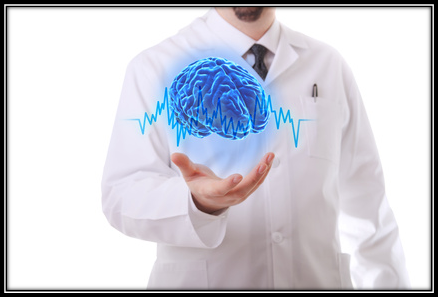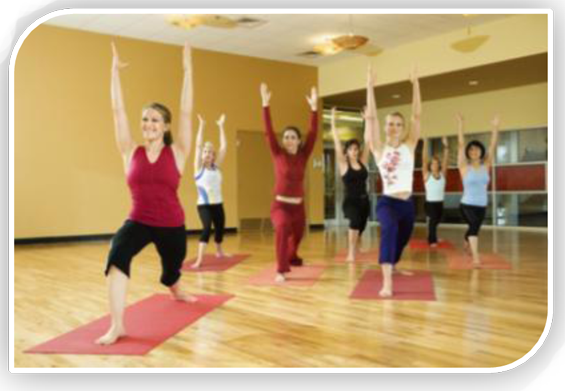|
Can Physiotherapy Train Your Brain?
|
|
 We exercise to keep our bodies fit, but did you know that exercise can also train your brain? You have likely heard of the effect of endorphins on your mood, and you probably know that you feel better after exercising. Exercise can improve clarity, increase brain function, and possibly stimulate the formation of new brain pathways by restoring and stimulating nerve cells, called 'neurons'. We exercise to keep our bodies fit, but did you know that exercise can also train your brain? You have likely heard of the effect of endorphins on your mood, and you probably know that you feel better after exercising. Exercise can improve clarity, increase brain function, and possibly stimulate the formation of new brain pathways by restoring and stimulating nerve cells, called 'neurons'.
Mental exercises can keep you alert, and must be accompanied with physical exercises for best results. Exercise helps improve circulation in your cardiovascular (heart), pulmonary (lungs) and nervous (brain and spinal cord) system.
|
| |
|
The Mind-Body Connection
|
|
 As one grows older, the human brain starts to lose nerve cells and this can result in varying degrees of mental decline. Exercise is one of the most effective ways to challenge your nerves. Your brain function is improved through mental stimulation as well as through physical exercise. The inevitable mental declines often associated with the aging process can be minimized with a well-designed exercise routine. As one grows older, the human brain starts to lose nerve cells and this can result in varying degrees of mental decline. Exercise is one of the most effective ways to challenge your nerves. Your brain function is improved through mental stimulation as well as through physical exercise. The inevitable mental declines often associated with the aging process can be minimized with a well-designed exercise routine.
Exercise triggers communication between (and blood circulation to) brain cells, which interact with other parts of the nervous system. The processing system of the brain is challenged during workouts, as certain chemicals such as adrenaline are triggered.
Regular exercise can help keep brain cells healthy and functioning properly. An active lifestyle can improve mental focus, accelerate the healing process for patients with brain or nerve injuries and can reduce the risk of dementia as we grow older.
There is a strong correlation between physical exercise and good mental health as people age. Individuals who stimulate their nervous system through exercise tend to function at a higher level physically and mentally.
|
| |
|
Physical Activity and Brain Training
|
| |
|
 Exercise at low to moderate levels is best for training the brain. Very intense workouts can leave you exhausted physically and mentally. Ideally, you need at least half an hour of moderate exercise 3 times a week. Longer sessions may provide added benefit. You can also consider shorter, more frequent exercise during the day. Exercise at low to moderate levels is best for training the brain. Very intense workouts can leave you exhausted physically and mentally. Ideally, you need at least half an hour of moderate exercise 3 times a week. Longer sessions may provide added benefit. You can also consider shorter, more frequent exercise during the day.
Moderate activities like brisk walking, hiking, biking, and swimming are beneficial, as are calming activities like yoga and deep breathing exercises. Your physiotherapist will help you determine what's best for you.
If you want to maintain mental acuity well into advanced age, contact your physiotherapist. Physical activity can help ready the brain for new information, leading to increased interest, improved attitude, and better learning outcomes.
Contact your physiotherapist to learn more about how exercise therapy can help train your brain.
|
| |
|
Forward this Newsletter - Refer a Friend
|
| |
|
| |
| Hudson Physiotherapy and Pain Relief |
| Email Us |
| Our Website |
| |
Patient Testimonials |
I felt better almost immediately. I had never experienced physiotherapy before and was pleasantly surprised by it all!
 -Winnifred W.S., -Winnifred W.S.,
Vaudreuil-Dorion |
Prompt effective treatment. Friendly personnel. Highly recommend.
 - Irwin S., - Irwin S.,
St-Lazare
|
My back pain eased up.
 - Julie S. , - Julie S. ,
Hudson |
| |
|

For the fourth consecutive year, our clinic participated in National Denim Day to raise support in the battle againt breast cancer. This year, on May 15th, we raised $183.50 |
|